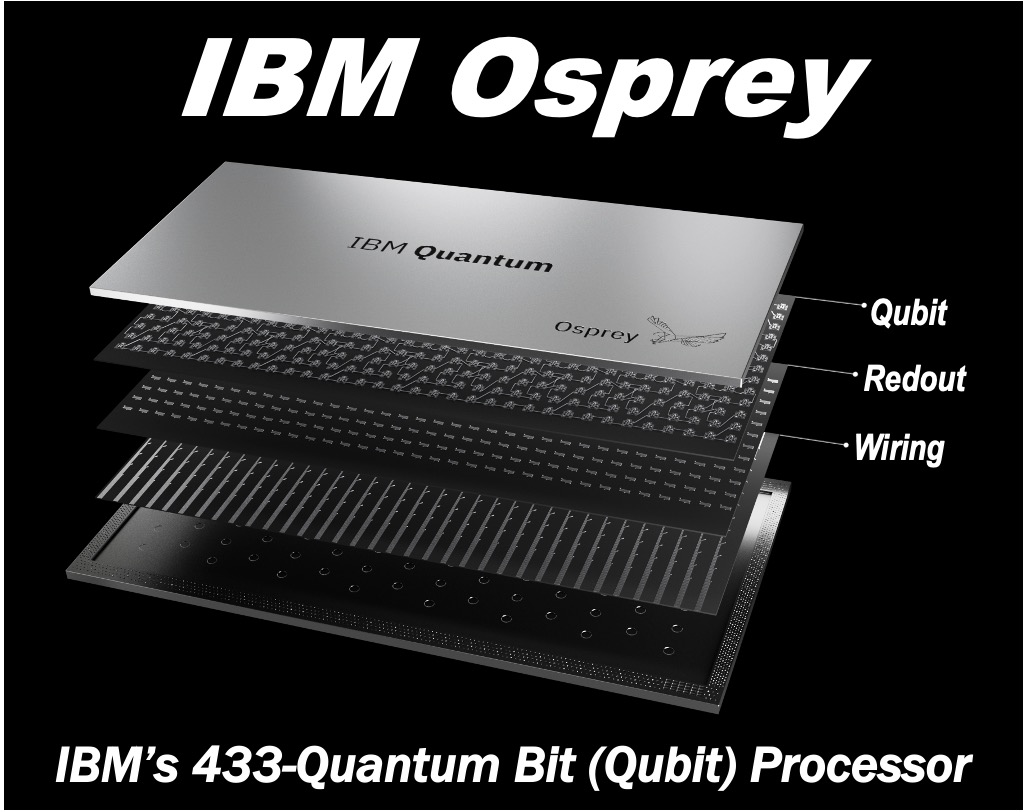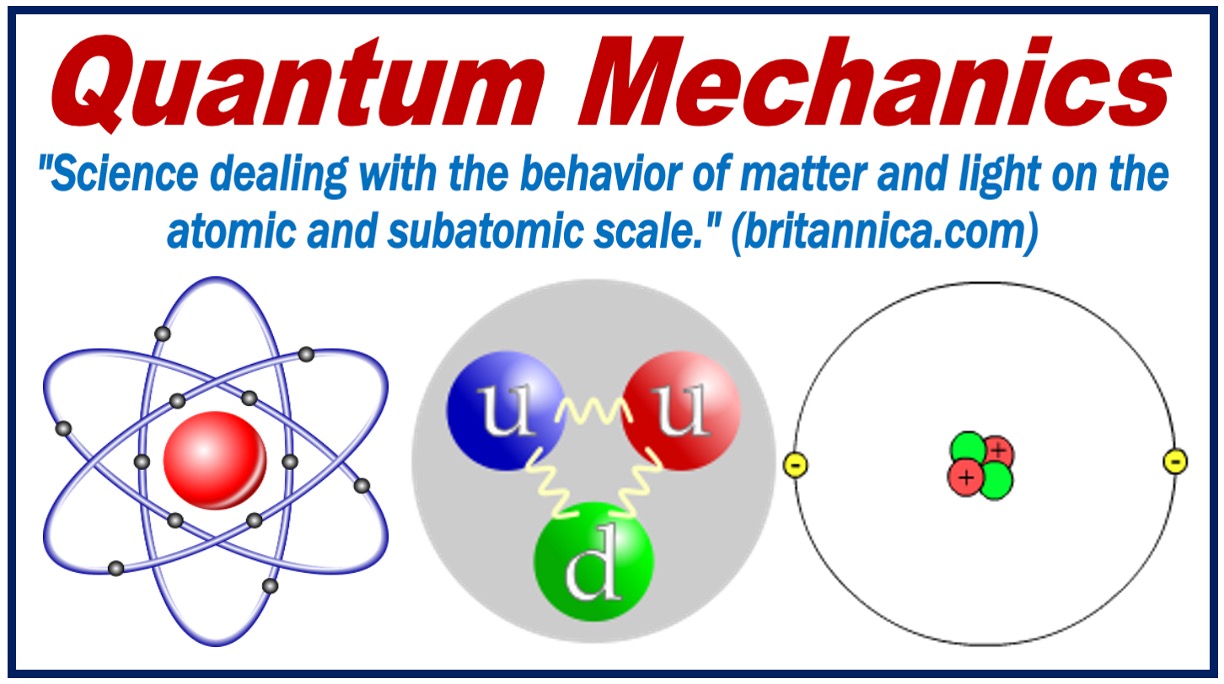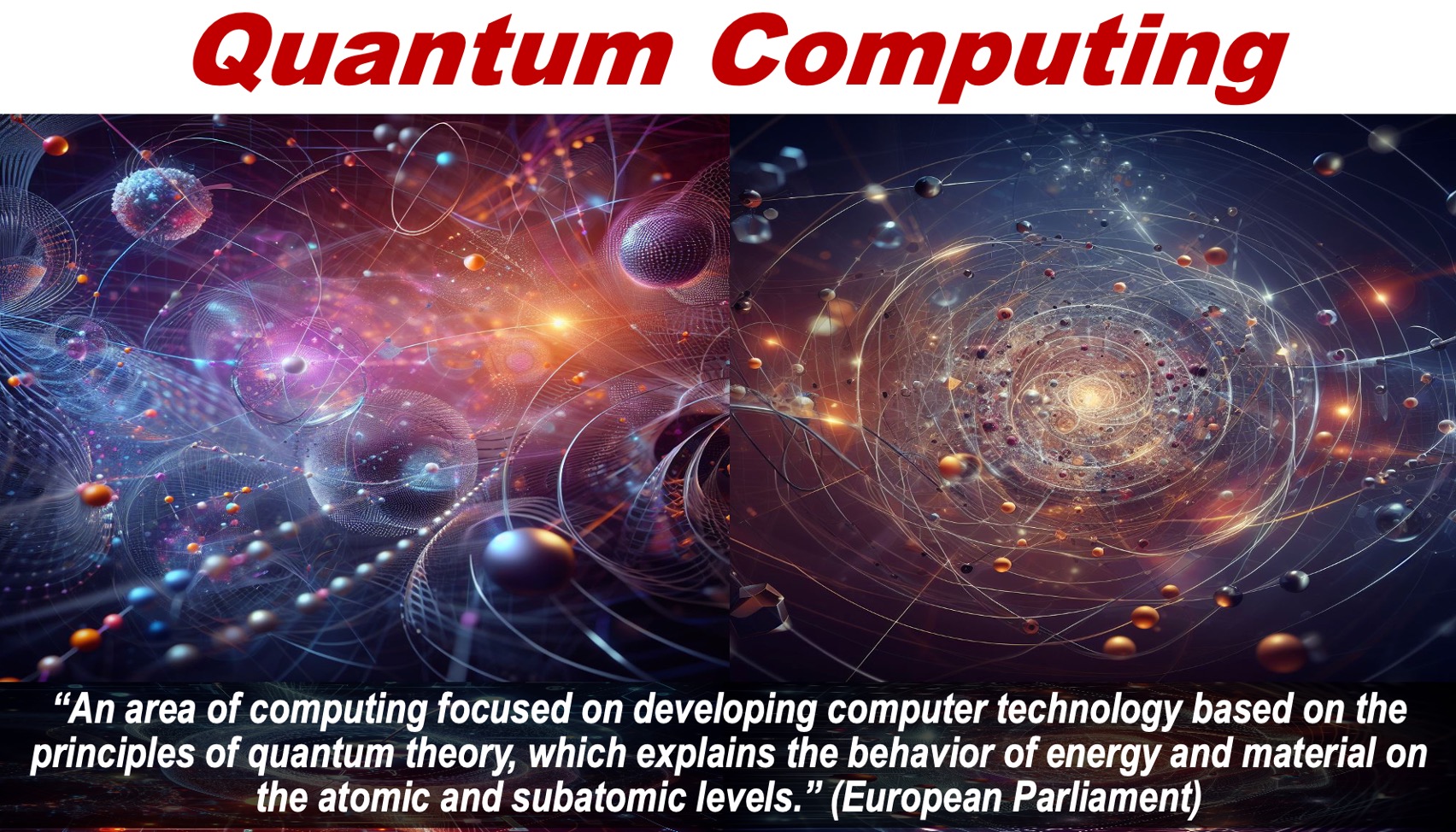What is Quantum Computing? Definition and Examples
Quantum Computing, which utilizes the strange properties of quantum mechanics, is a new type of computer technology. With quantum computing, we can perform complicated calculations significantly faster than with our current computers.
The computers you and I use today use binary bits to store data, as either a 0 or a 1. Quantum computers use qubits, i.e., quantum bits, which can exist in different states simultaneously.

According to IBM, one of the world’s leading technology corporations:
“Quantum computing is a rapidly-emerging technology that harnesses the laws of quantum mechanics to solve problems too complex for classical computers.”
Quantum computers – speed
By using qubits, quantum computers can process a large number of solutions to a problem at the same time. They are especially well suited for physicists, mathematicians, astronomy, and other number crunchers for whom computers today are too slow.
Quantum computers are ideal for, for example, optimization, cryptography, and simulating the behavior of quantum systems.
Manipulating qubits
-
Superposition
Quantum computers use superposition and other techniques to manipulate qubits. Superposition allows qubits to exist in many different states simultaneously.
-
Entanglement
These futuristic computers also use entanglement, where one qubit’s state correlates with that of another.
Thanks to superposition and entanglement, quantum computers can perform certain types of calculations at incredible speed.

Where are not there yet
To be able to use quantum computing technology on a large scale, we still need to overcome some challenges. For example, the qubits’ delicate quantum state is easily disrupted by temperature and noise, which makes it extremely difficult to build a large-scale quantum computer.
Experts say that they have made significant progress in recent years and hope to have usable quantum computers on the market in the not-so-distant future.
These amazing machines could one day revolutionize how we solve complex problems. They could also bring an explosion of new scientific breakthroughs.

Early days
Quantum computing is still in its early, developmental stage. The technology has not reached the point of widespread commercial adoption. When it becomes mainstream, which is expected to occur in the near future, it will transform the world of business, education, healthcare, finance, telecommunications, transportation, energy, cybersecurity, artificial intelligence, material science, and science as we know it.
Some innovative ideas in drug discovery, complex logistics, biochemistry, and cryptography will only be possible when we have computers that are much more powerful and faster than our current ones. Quantum computers will make that possible. Artificial intelligence will become unimaginably more sophisticated.
Video – What is Quantum Computing?
Watch this video on our sister site, YouTube channel ‘Marketing Business Network.’

